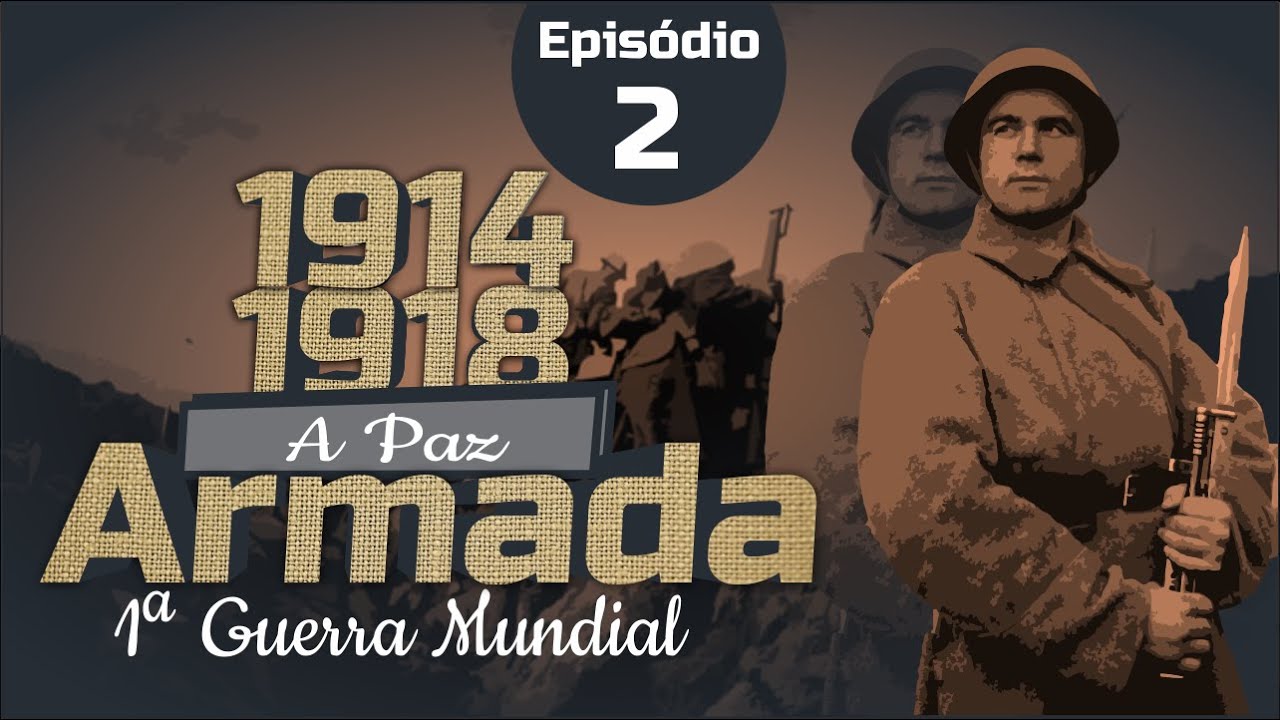Operational Research 'ORigin Story'
Summary
TLDROperational research emerged in WWI to enhance military operations. It significantly reduced British ship losses and contributed to their survival. During WWII, it evolved into radar technology, revolutionizing air defense by combining scientific research with operational experience. Post-war, its principles were applied across various sectors, solving problems and aiding decision-making with scientific insights.
Takeaways
- 🔬 **Operational Research Origin**: Operational research originated during World War I to enhance military operations.
- ⚔️ **WWI Impact**: In 1917, British scientists used data analysis to optimize convoys, drastically reducing losses from German U-boat attacks.
- 🛰️ **Radar Development**: During the 1930s, scientists developed radar technology to counter the threat of German bombers, instead of a 'death ray'.
- 🤝 **Collaboration**: The integration of scientific research with RAF operational experience led to the creation of a superior air defense system.
- 🇬🇧 **Battle of Britain**: Radar and operational research significantly increased the effectiveness of British air defenses during the Battle of Britain.
- 🏆 **Operational Research Society**: The Operational Research Club was founded in 1948, later becoming the Operational Research Society.
- 🌐 **Post-War Applications**: Post-war, operational research principles were applied across various sectors including government, manufacturing, and health services.
- 📈 **Decision Support**: Operational research has been instrumental in solving complex problems and supporting decisions with scientific insights.
- 🛡️ **Air Defense Innovation**: The collaboration between scientists and military officers led to innovations in air defense strategy and technology.
- 📊 **Data-Driven Strategy**: The success of operational research in WWI and WWII demonstrated the power of data analysis in strategic planning and decision-making.
Q & A
What is operational research and how did it originate?
-Operational research is a scientific approach used to improve decision-making and operations. It originated during World War I when British scientists analyzed data to optimize military operations, particularly to protect supply convoys from German attacks.
How did operational research help reduce losses of British ships in World War I?
-By analyzing data on German U-boat attacks and creating optimal models for convoy size, speed, and timings, British scientists reduced ship losses from 1 in 10 to 1 in 200 within six months, helping protect Britain’s supply lines.
What challenge did analysts identify by 1934 in preparation for World War II?
-Analysts identified that German bombers could deliver a knockout blow to Britain, which could have been achieved within 24 hours by 1938, making air defense a critical issue.
How did British scientists respond to the threat of German bombers before World War II?
-The British government asked scientists to explore the use of radio waves to create a 'death ray' to shoot down bombers. Instead, the scientists developed radar technology to detect and track enemy aircraft.
What role did radar play in the Battle of Britain?
-Radar, combined with operational research, greatly improved fighter command's defensive capabilities, allowing for early detection and interception of enemy aircraft, which increased effectiveness by a factor of 20.
What is the significance of operational research during the Battle of Britain?
-Operational research doubled the effectiveness of radar during the Battle of Britain, making Britain’s air defense system one of the most effective in the world and crucial to the country's survival.
When was the Operational Research Society founded, and what was its precursor?
-The Operational Research Society was founded in 1953, following the creation of the Operational Research Club in 1948.
What industries and sectors adopted operational research after World War II?
-After World War II, operational research was applied to various sectors, including government, manufacturing, banking, healthcare, business, transport, defense, and even sports.
How did operational research influence modern decision-making processes?
-Operational research introduced the use of scientific methods to solve problems and support decision-making in various fields, making it a key tool in strategic planning and operational efficiency.
What was the impact of combining scientific research with operational experience during wartime?
-The combination of scientific research and operational experience led to groundbreaking improvements in military strategies, particularly in air defense, by integrating new technologies like radar with practical military knowledge.
Outlines

此内容仅限付费用户访问。 请升级后访问。
立即升级Mindmap

此内容仅限付费用户访问。 请升级后访问。
立即升级Keywords

此内容仅限付费用户访问。 请升级后访问。
立即升级Highlights

此内容仅限付费用户访问。 请升级后访问。
立即升级Transcripts

此内容仅限付费用户访问。 请升级后访问。
立即升级浏览更多相关视频

NEXT-GENERATION MILITARY TECHNOLOGIES AND VEHICLES YOU MUST SEE

A PAZ ARMADA | Ep. 02 | TÁS NA HISTÓRIA

Why cyber warfare represents diplomatic territory

Palantir AIP | Defense and Military

Riset Operasi #1 - Konsep Dasar Riset Operasi | Tutor Manajemen by Gusstiawan Raimanu

7 Peran Digitalisasi dalam Bisnis Kuliner | Belajar Bisnis Kuliner
5.0 / 5 (0 votes)
